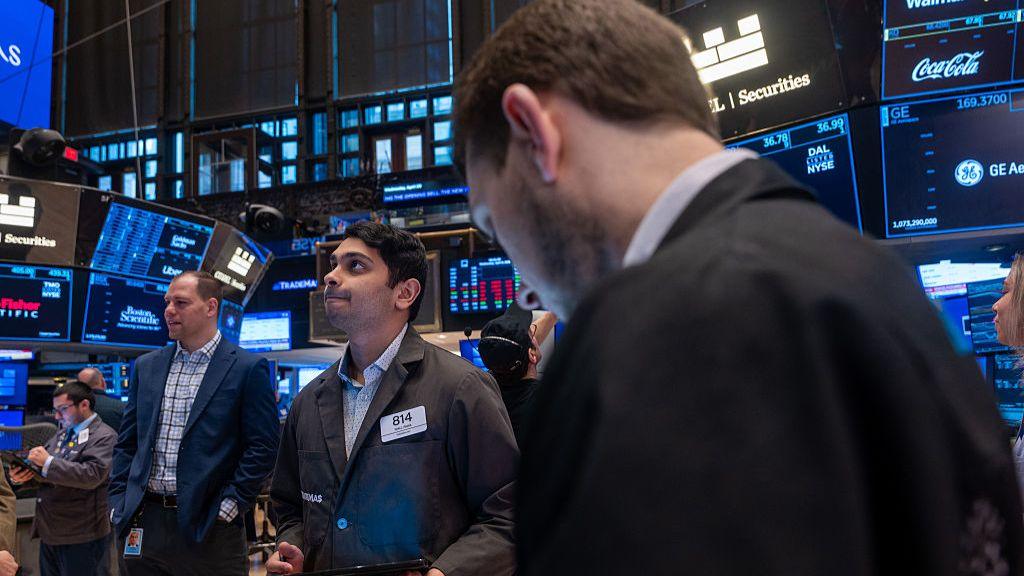In a series of rapid comments on April 9, 2025, U.S. President Donald Trump escalated the current trade war with China while simultaneously offering temporary reprieve to other trading nations. Trump first declared the imposition of tariffs on Chinese imports to 125%, effective immediately. The move was a sharp escalation of the America-China trade war, which has already seen Beijing retaliate by increasing tariffs on American goods to 84%.
Shortly thereafter, Trump issued a 90-day suspension of reciprocating tariffs on all nations, including a reduction to a 10% rate for the duration. The suspension also began immediately and did not apply to China, which signaled a precise response to the trade war. The announcements, while at variance in tone, seemed directed toward reconciling aggressive trade actions with near-term economic stabilization.
The stock market responded favorably to the tariff truce, with the leading indexes increasing. The S&P 500 increased by 6.4%, the Nasdaq by 7.8%, and the Dow Jones by 5.7%. The investors received the temporary relief as a sign of de-escalation of global trade tensions.
But their wider implications are unclear. With economies rebounding, China's retaliations and warnings to do more highlight the perils of prolonged economic warfare. Experts predict that higher tariffs will destabilize global supply chains and contribute to inflationary pressures.
The White House's two-pronged messaging—merging hard tariffs with relief in the short term—cues the nuance of balancing domestic economic interests with global trade tensions.
Source: Times of India, ABC News, Financial Express

